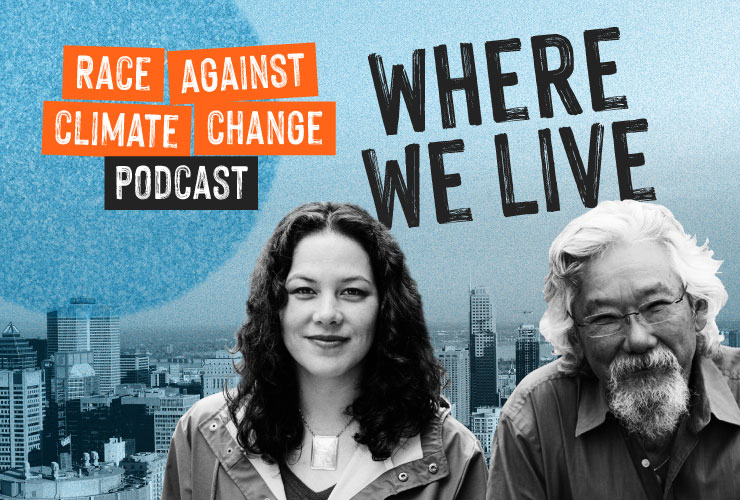Let Junaid Shahzad Khan help you work on your relationship with the land

Junaid Shahzad Khan
At Pollinator Partnership Canada, Junaid Shahzad Khan scales up pollinator habitat creation. As the recent environmentalist in residence at the Toronto Public Library, he hosted webinars showing how ancient wisdom can inform change to new models of governance in urban food production.
Tell us about your projects.
At Pollinator Partnership Canada, my job is to increase pollinator habitat. While I myself have helped plant over 6,000 native plants in the Toronto area, to scale up, we also support others to do it themselves. The concept is really taking off and there are projects in Etobicoke, Scarborough, and other nearby cities. I staff tables at markets handing out samples of native plants and hold webinars with schools on subjects like the life cycle of bees and identifying native plants. We support individuals and groups to identify, seed, and grow native plants. Recently, we have started engaging large local land managers, such as Ontario Power Generation, to see this as part of their mandates.

An essential part of my work is ensuring the plants used are native to the area. This means learning from and partnering with local Indigenous people, as well as respecting settler farmers' knowledge of the land.
As the fall 2021 environmentalist in residence at the Toronto Public Library, I have focused on facilitating knowledge-sharing amongst these communities. On Nov. 4, for example, we told the story of how Indigenous people helped to improve the ecology on the Humber River as we replanted and renewed a forest grove that has been a sacred meeting site for time out of memory.
What inspired you to do this work?
I spent my childhood in Karachi, Pakistan, one of the busiest and most violent places in the world. I was never outside because it was not safe. By some random chance, our rabbit ears satellite TV picked up National Geographic broadcasts for two hours a day. The photography fascinated me, but I learned “nature” and wild spaces were somewhere else and not where I was.
When we came to Canada, I was moved to study the natural world, but it still felt as if it belonged to rich people with white skin and not to me. Then one day, I was with Jacqueline Dwyer, a founder of the Toronto Black Farmers Collective. She was teaching me to harvest sunchokes for food. I had previously seen them as a native species, but otherwise not very interesting. As she held up this strange, but somehow familiar striped tuber, something shifted in me. I realized that although European settlers saw the land as empty wilderness without any relationship to human lives, in fact, these tubers and the land under which they grow have been cultivated and farmed for thousands of years by Indigenous people. Jacqueline was able to see it as food because as an urban farmer, it looked like a potato to her and therefore familiar. All of a sudden, I could see myself as a part of the natural world. Other people have a relationship to this land, and so I could too.

Now I see my work is to weave together people’s understanding of what it is to be a part of nature so we can heal the land and, in the process, heal ourselves and each other.
I have found some of that healing myself. In university, I was very depressed and even tried to commit suicide. I felt all the pressure that many young people feel knowing we have to succeed to please our parents and make sure we deserve the sacrifices they made to come here. But seeing myself as part of nature has been transformative for my mental health. It is also helping my relationship with my mom. When I point out and name a bird we see in a park, she is able to tell me about a bird of a similar species in Pakistan she remembers from the best time in her life — when she was a young girl living in a smaller centre, closer to the land. That is a very different conversation than the ones that used to dominate our time together about whether I was doing enough to succeed.
What advice do you have for other young people?
Get your body out onto the land and your hands into the earth. Help something to grow or feast your eyes on something that is natural and thriving. Learn all the names of your local birds and trees and the role they play in the ecosystem and in the lives of Indigenous people and older settler land farmers. Our generation has a lot on our shoulders. The relationships we can develop with the natural world will sustain us.
What would you like to say to older readers?
Get out on the land with the young people in your life. The things you talk about there will be different. There will be more opportunities for you to share your wisdom there than you can imagine.






Comments